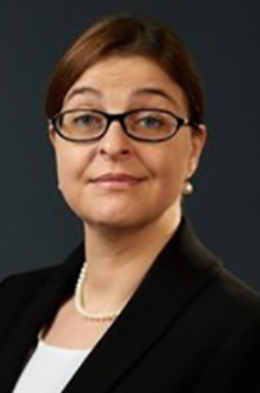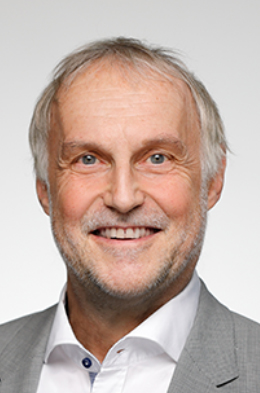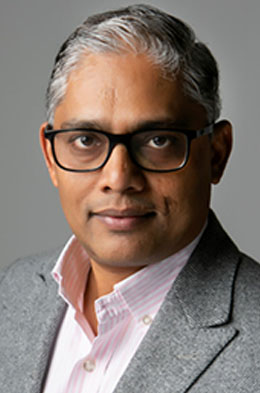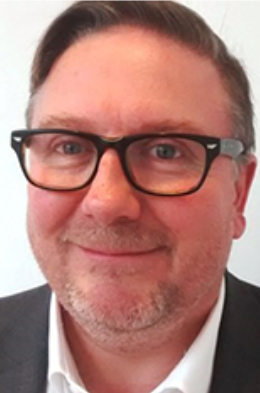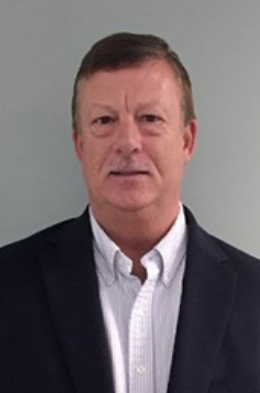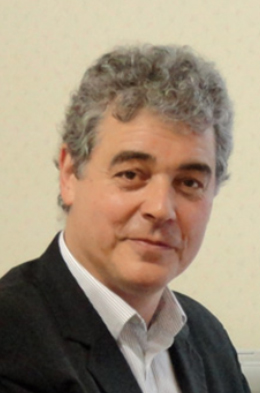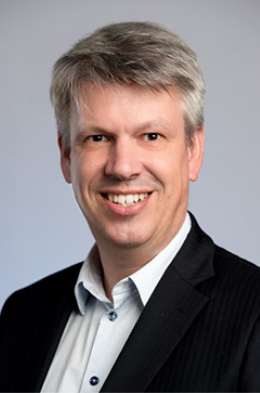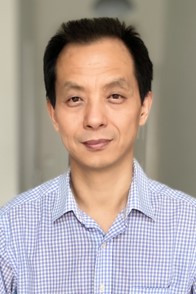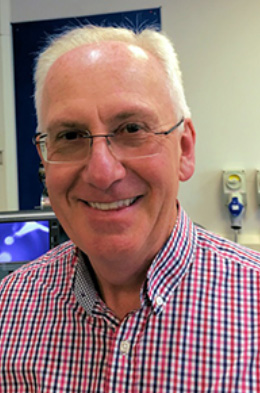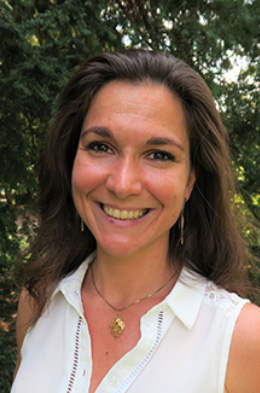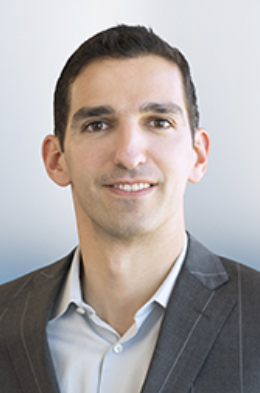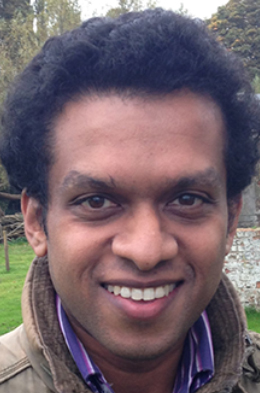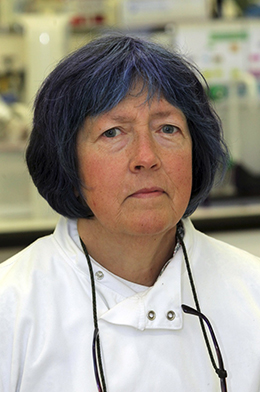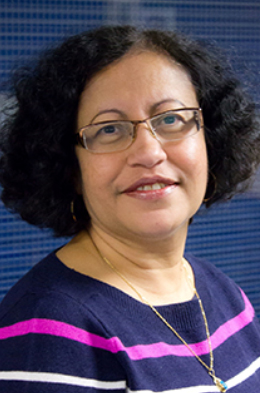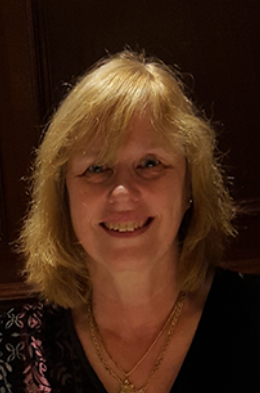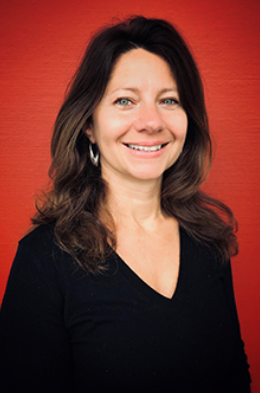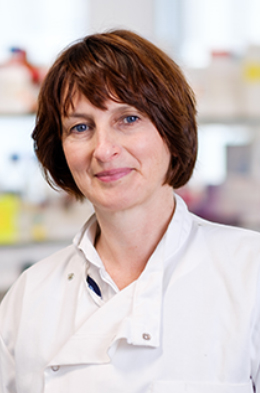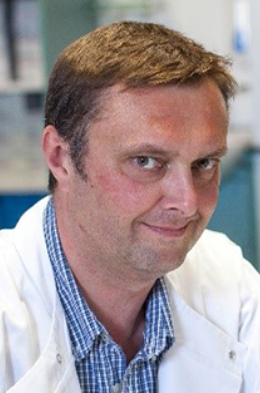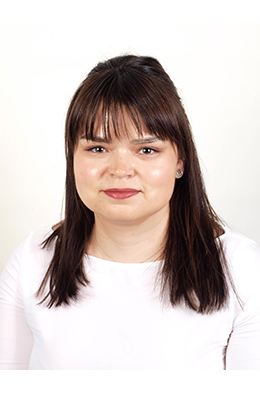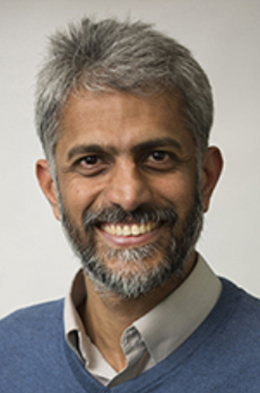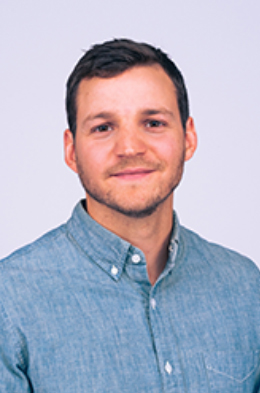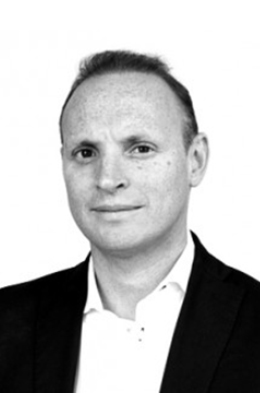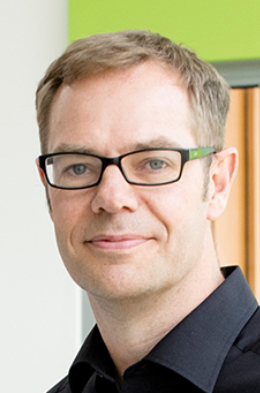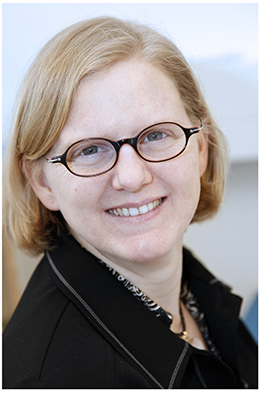Dr. Sikkema is currently Vice President, Accelerator and Pharma services for Quanterix Corporation.
Dan brings 25 years’ experience in the biopharmaceutical, vaccine and cell/gene therapy fields supporting oncology, neurosciences, respiratory, immunology and infectious disease. He has held positions of increasing responsibility at Bristol-Myers Squibb, Wyeth, Merck, Sanofi Pasteur, Frontage Laboratories and GlaxoSmithKline. In his career, he has contributed to the licensure of Prev(e)nar, Meningitec, Gardasil, RotaTeq, ProQuad, Zostavax, and Dengue vaccines, also Ofatumumab, Raxibacumab, Benlysta, Albiglutide, Mepolizumab, Denosumab, and other biopharmaceuticals, as well as Strimvelis (the world’s first ex vivo cell/gene therapy product). He has also worked with the World Health Organization, National Institute for Biological Standards and Controls (NIBSC), US Centers for Disease Control, FDA and EMA in roles as an invited expert and as an advisor. Dr. Sikkema earned his PhD in Microbiology and Public Health from Michigan State University, College of Medicine. He was a Post-Doctoral Fellow in Infectious Diseases at SUNY at Buffalo, School of Medicine. He has Chaired Division V (Clinical and Diagnostic Immunology) for American Society for Microbiology and was Coordinator for an Innovative Medicine Initiative project ABIRISK, the largest funded project to study Immunogenicity of Biotherapeutics. He has authored 30 peer-reviewed publications and has delivered more than 80 public presentations globally at scientific symposia.




